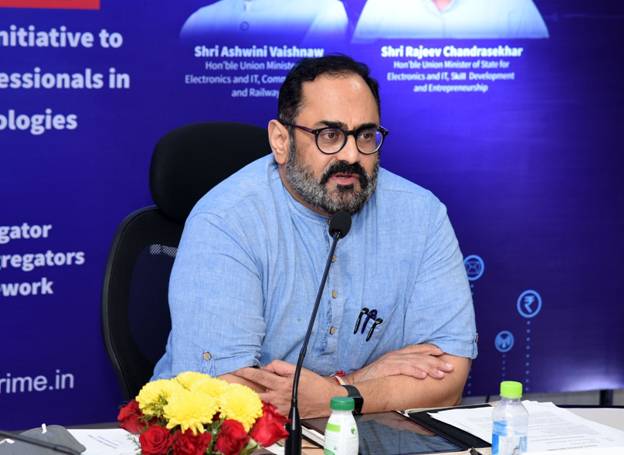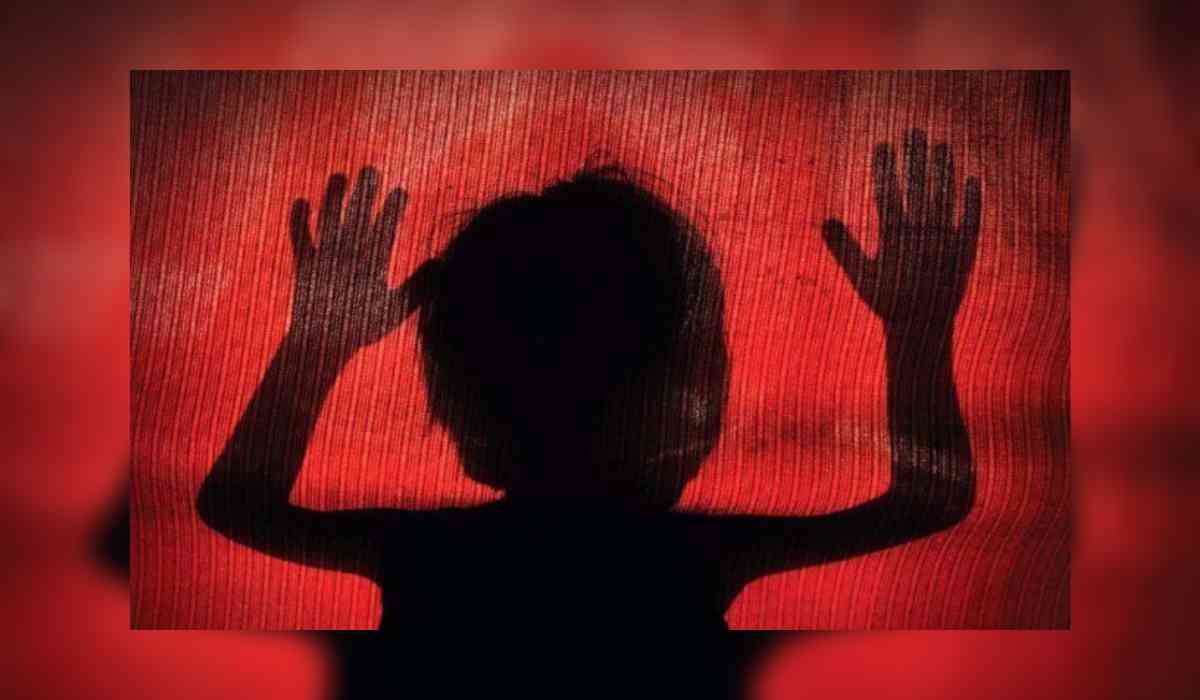The Ministry of Electronics and Information Technology (MeitY) has issued stern warnings to major online platforms such as YouTube, Telegram, and X (formerly Twitter), urging them to promptly remove any traces of child sexual abuse material from their platforms. Failure to comply with these directives may result in the loss of legal immunity that currently shields them from certain content-related liabilities.

A Call for Responsibility
MeitY's message was clear: it is determined to establish a secure and trusted online environment in line with IT rules. In a statement, Minister of State for Electronics and IT, Rajeev Chandrasekhar, emphasized the government's commitment to ensuring a safe digital space.

The notices sent to these platforms stress the urgency of their actions. If they do not address this matter promptly, they could jeopardize their legal safe harbour protections.
YouTube in the Spotlight
YouTube, in particular, received a notice highlighting a previous advisory issued on August 29, requesting the removal of such content from its platform. MeitY noted that YouTube's response did not adequately address the need to ensure the absence of such content.

The notice to YouTube explicitly stated, "Through that advisory, you were further directed to forthwith ensure that as part of your obligation of due diligence, safety, and trust, to immediately remove any and all such violative content, while in your response dated 22.09.2023, there is no mention of ensuring non-availability of such content on your platform."
Telegram's Responsibility
Telegram also received a stern warning, with the ministry insisting that child abuse material must be promptly and permanently eradicated from its platform. Furthermore, the platform was urged to implement proactive measures, including content moderation algorithms and reporting mechanisms, to prevent the future dissemination of such content within a short three-day timeframe.

Child sexual abuse material remains a significant challenge on the internet, with lawmakers worldwide grappling with effective strategies to combat it. This ongoing debate also raises complex questions regarding end-to-end encryption, with concerns that such platforms may inadvertently facilitate the distribution of such harmful content.
The Urgent Need for Action
In February, the US-based National Center for Missing & Exploited Children identified over 30,000 individuals in Madhya Pradesh alone involved in the circulation of suspected child sexual abuse material, including pornography, online enticement, and contact offences.

The Information Technology Act, 2000, provides the legal framework for addressing pornographic content, including child sexual abuse material. Sections 66E, 67, 67A, and 67B of the IT Act impose penalties and fines for the online transmission of obscene or pornographic content.
In this critical moment, the government's determination to tackle this issue head-on sends a resounding message about the importance of online safety and the protection of vulnerable individuals in the digital age.
© Copyright 2023. All Rights Reserved Powered by Vygr Media.






















